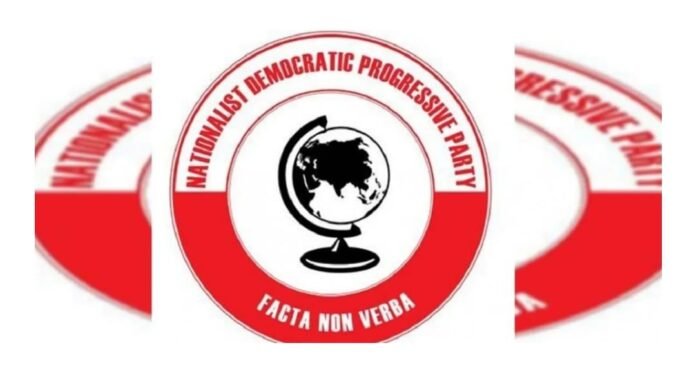Introduction:
In a significant development, the Nationalist Democratic Progressive Party (NDPP), an ally of the Bharatiya Janata Party (BJP) in the state of Nagaland, has voiced its opposition to the implementation of the Uniform Civil Code (UCC). The UCC, a contentious issue in India, aims to establish a common set of laws applicable to all citizens irrespective of their religious affiliations. The NDPP’s stance on this matter highlights the complexities of political alliances and their differing opinions on critical policy matters.
Background:
The NDPP, a regional political party based in Nagaland, joined forces with the BJP in 2018 to form a pre-poll alliance ahead of the Nagaland Legislative Assembly elections. Since then, the two parties have collaborated on various fronts, but recent developments have showcased their divergent views on the UCC.
Opposition to Uniform Civil Code:
The NDPP’s opposition to the implementation of the UCC underscores the party’s distinct position from its ally, the BJP, on this particular issue. While the BJP has been a vocal advocate for the UCC, the NDPP has taken a different stance, reflecting the diversity of opinions within the alliance.
Party’s Justification:
Citing the unique cultural and traditional aspects of Nagaland, the NDPP has argued that the implementation of a Uniform Civil Code might infringe upon the rights and practices of different communities within the state. The party emphasizes the need to respect the diversity of religious and cultural practices prevalent in Nagaland while also upholding the principles of equality and justice.
Complexities of Political Alliances:
The contrasting opinions on the UCC between the NDPP and the BJP highlight the complexities and intricacies of political alliances. While parties often come together to form coalitions based on common goals and interests, differences on specific policy matters are not uncommon. The NDPP’s stance on the UCC reflects the party’s commitment to safeguarding the distinct cultural fabric of Nagaland.
Call for Dialogue and Consensus:
Given the sensitivity surrounding the implementation of the UCC, the divergent views expressed by the NDPP and the BJP in Nagaland present an opportunity for meaningful dialogue and consensus-building. This difference of opinion could serve as a catalyst for constructive discussions, promoting an inclusive and comprehensive approach to the issue.
Conclusion:
The NDPP’s opposition to the implementation of the Uniform Civil Code, despite being an ally of the BJP in Nagaland, showcases the complexities and divergent perspectives within political alliances. As the debate surrounding the UCC continues, it is essential to foster dialogue and seek consensus to address concerns and find a balanced approach that respects the cultural and religious diversity of the region while upholding the principles of justice and equality.



